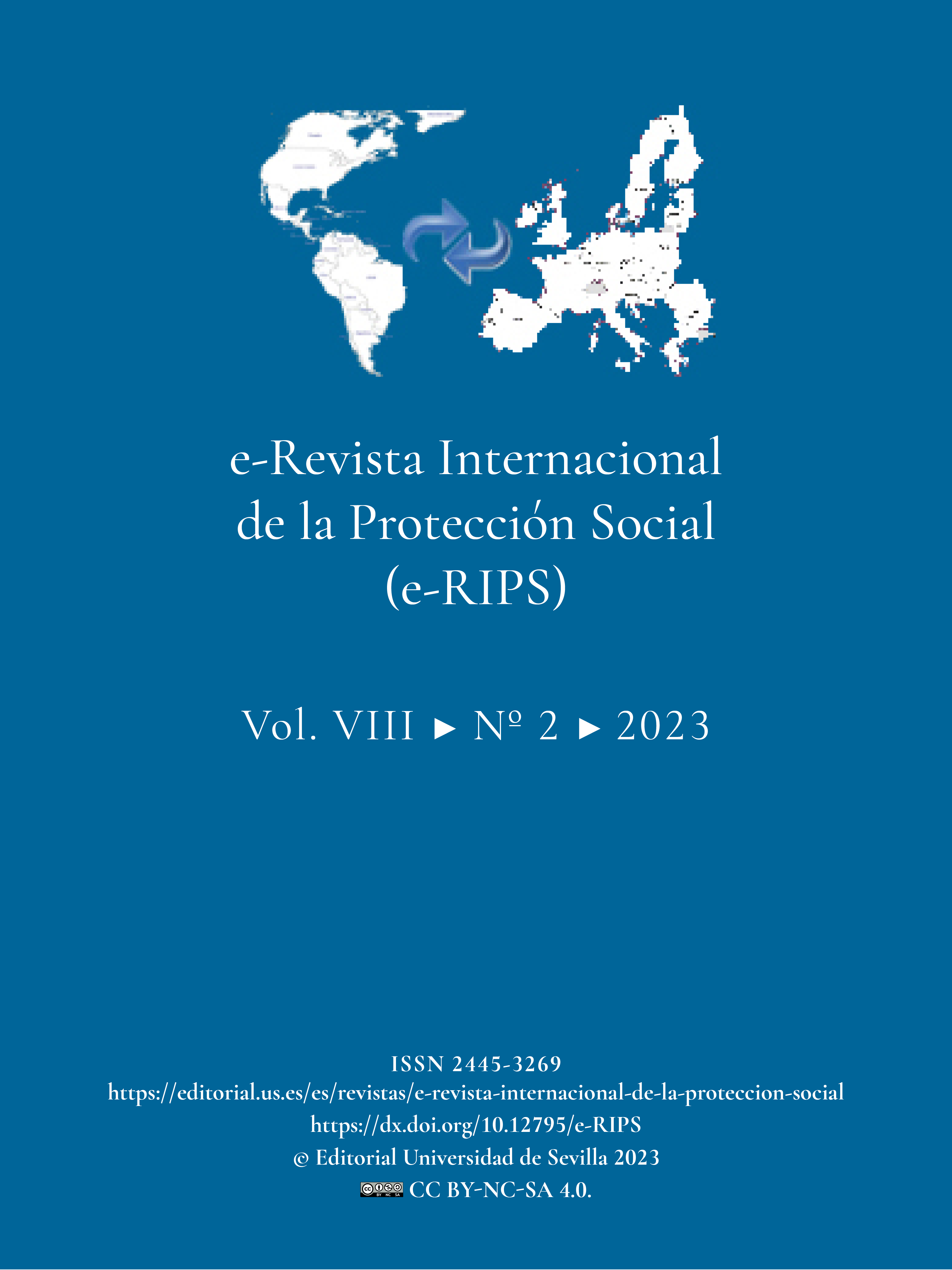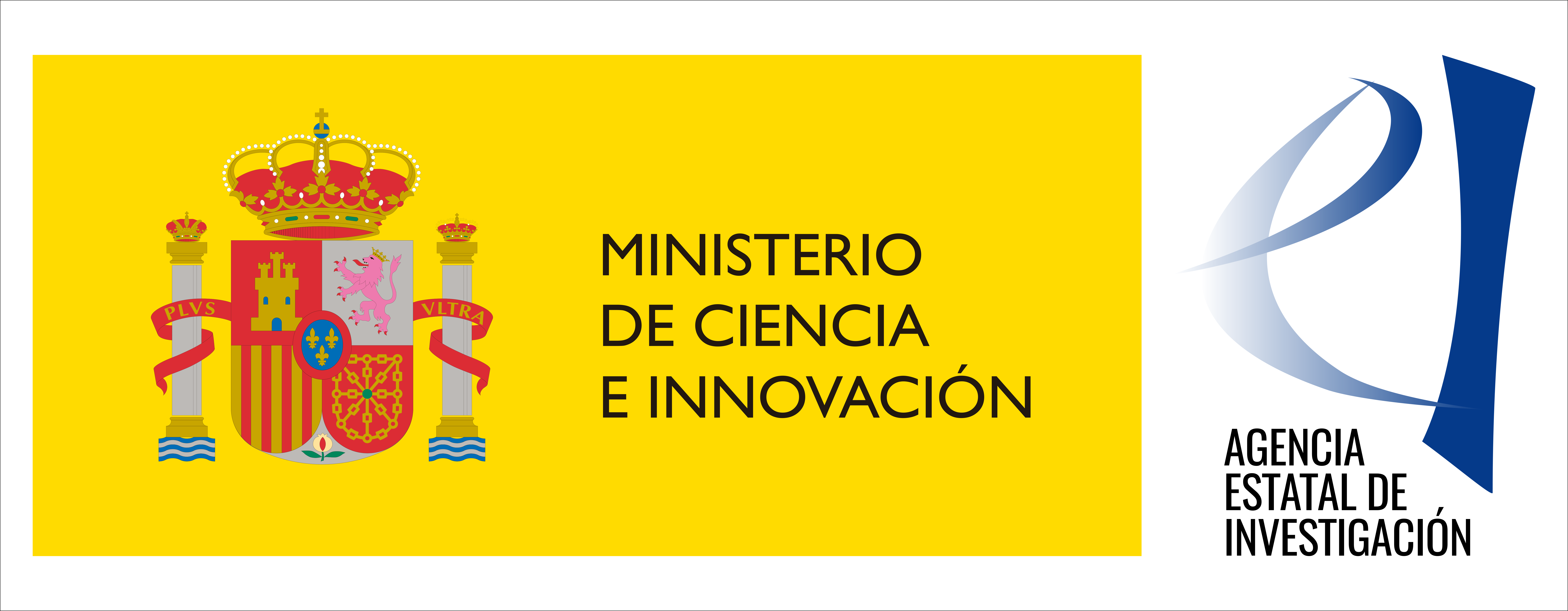Sick leave: its ending through statement of fitness for work and other circumstances that affect sick pay
DOI:
https://doi.org/10.12795/e-RIPS.2023.i02.02Keywords:
Statement of fitness for work, Sick leave, Sick payAbstract
The familiarity with which citizens experience the phenomenon of sick leave often means that the real complexity of sick leave and the actions that lead to its ending are not keeping in mind.
Medical concepts that underlie the legal reality of sick leave lead to the subsidy right through a broad system of legal regulations, so that the sick leave constitutes the necessary antecedent of the subsidy, but not every situation of sick leave will be associated with the right to receive the subsidy.
Sick leave and sick pay have, respectively, medical and administrative control mechanisms that operate during the entire time sick pay or sick leave are extended, all under administrative laws. In accordance with these control mechanisms, the right to sick pay and its validity are determined.
Downloads
References
Álvarez Cortés, J. C.: “Alteración de la salud, asistencia sanitaria y control médico de las situaciones de incapacidad temporal para el trabajo”, Revista de Derecho de la Seguridad Social-Laborum, núm. 12, 2017, pp. 85-102.
García Alegría, G.: “El caos de la incapacidad temporal”, Revista de Trabajo y Seguridad Social-CEF, núm. 311, 2009, DOI https://doi.org/10.51302/rtss.2009.5479
Gorelli Hernández, J.: “Remedios frente al alta indebida del trabajador en la prestación de incapacidad temporal”, Revista de Derecho de la Seguridad Social-Laborum, núm. 13, 2017, pp. 63-83.
Lafuente Suárez, J.: “La discrepancia con el parte médico de alta por curación”, Revista de Derecho de la Seguridad Social-Laborum, núm. 15, 2018, pp. 27-48.
Lafuente Suárez, J.: “Las competencias de emisión de bajas y altas en la incapacidad temporal: su revisión judicial”, Revista de Derecho de la Seguridad Social-Laborum, núm. 21, 2019, pp. 25-48.
Lozano Cutanda, B.: “El principio de oficialidad de la acción sancionadora administrativa y las condiciones necesarias para garantizar su efectividad”, Revista de Administración Pública, núm. 161, 2003, pp. 83-121.
Molins García-Atance, J.: “El control de la incapacidad temporal”, Temas Laborales, núm. 106, 2010, pp. 13-38.
Pedrosa Alquézar, S.I.: “El tratamiento jurisprudencial de la actuación fraudulenta en la incapacidad temporal”, Revista de Derecho de la Seguridad Social-Laborum, núm. 7, 2016, pp. 143-155.
Preciado Domènech, C.: “Incapacidad temporal: extinción indebida de la prestación. Incomparecencia a reconocimiento médico. Dos intentos de citación por burofax que no pudo ser entregado; falta de publicación en el BOE. STS-SOC núm. 470/2020, de 18 de junio”, en Anuario de 2020 de Jurisprudencia Laboral (Estudio de 100 casos relevantes), BOE, Madrid, 2021, pp. 813-816.
Purcalla Bonilla, M. Á.: “Aspectos clave de la incapacidad temporal y análisis de su problemática: la gestión y el control como telones de fondo”, Revista de Trabajo y Seguridad Social-CEF, núm. 308, 2008, DOI https://doi.org/10.51302/rtss.2008.5525
Rodríguez Escanciano, S.: “El control de la incapacidad temporal: su incidencia sobre la contención del gasto público y el aumento de la productividad empresarial”, Temas Laborales, núm. 118, 2013, pp. 113-151.
Published
How to Cite
Issue
Section
License
Copyright (c) 2023 Marta Tajadura Díez, Antonio María Puerto Barrio

This work is licensed under a Creative Commons Attribution-NonCommercial-ShareAlike 4.0 International License.
Authors being published in this journal agree to the following terms:
- Authors retain their copyright and they will guarantee to the journal the right of first publication of their work, which will be simultaneously subject to license recognition by Attribution-NonCommercial-ShareAlike (CC BY-NC-SA 4.0 DEED)
that allows others to share such work provided that the author’s name and his first publication in the e-International Review on Social Protection is stated. - Authors may take other non-exclusive distribution license agreements version of the published work (e.g. deposit in an institutional digital file or publication in a monographic volume) provided that the initial publication in this journal is stated.
- Authors are allowed and encouraged to disseminate their work via the Internet (e.g. in institutional digital files or on their website) prior to and during the submission process, which can lead to interesting exchanges and to increase citation of the published work.











